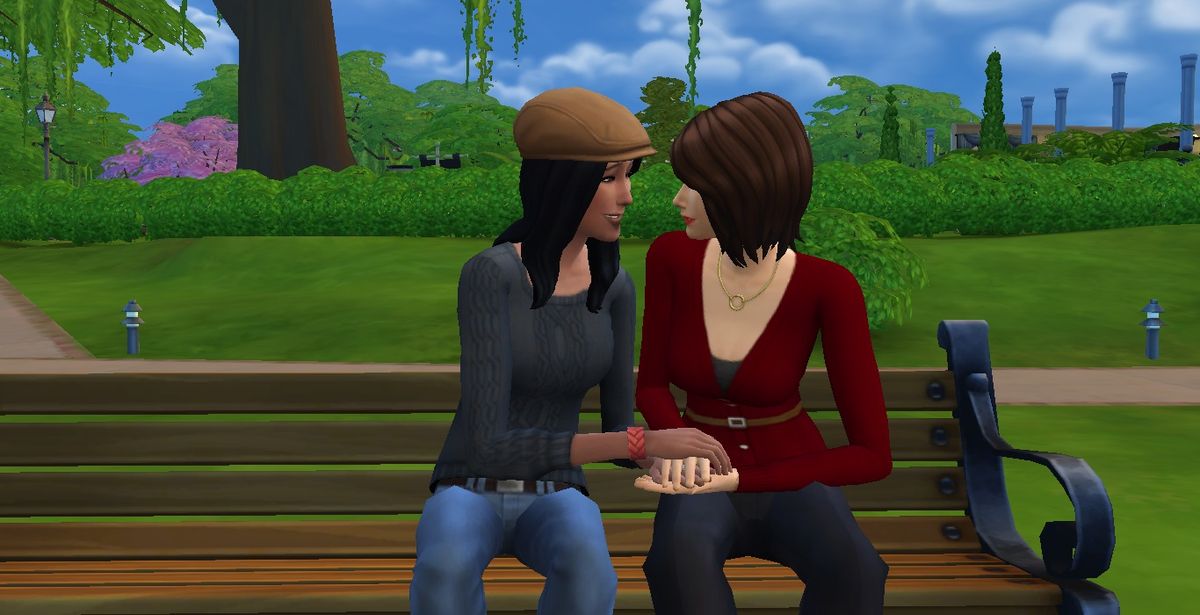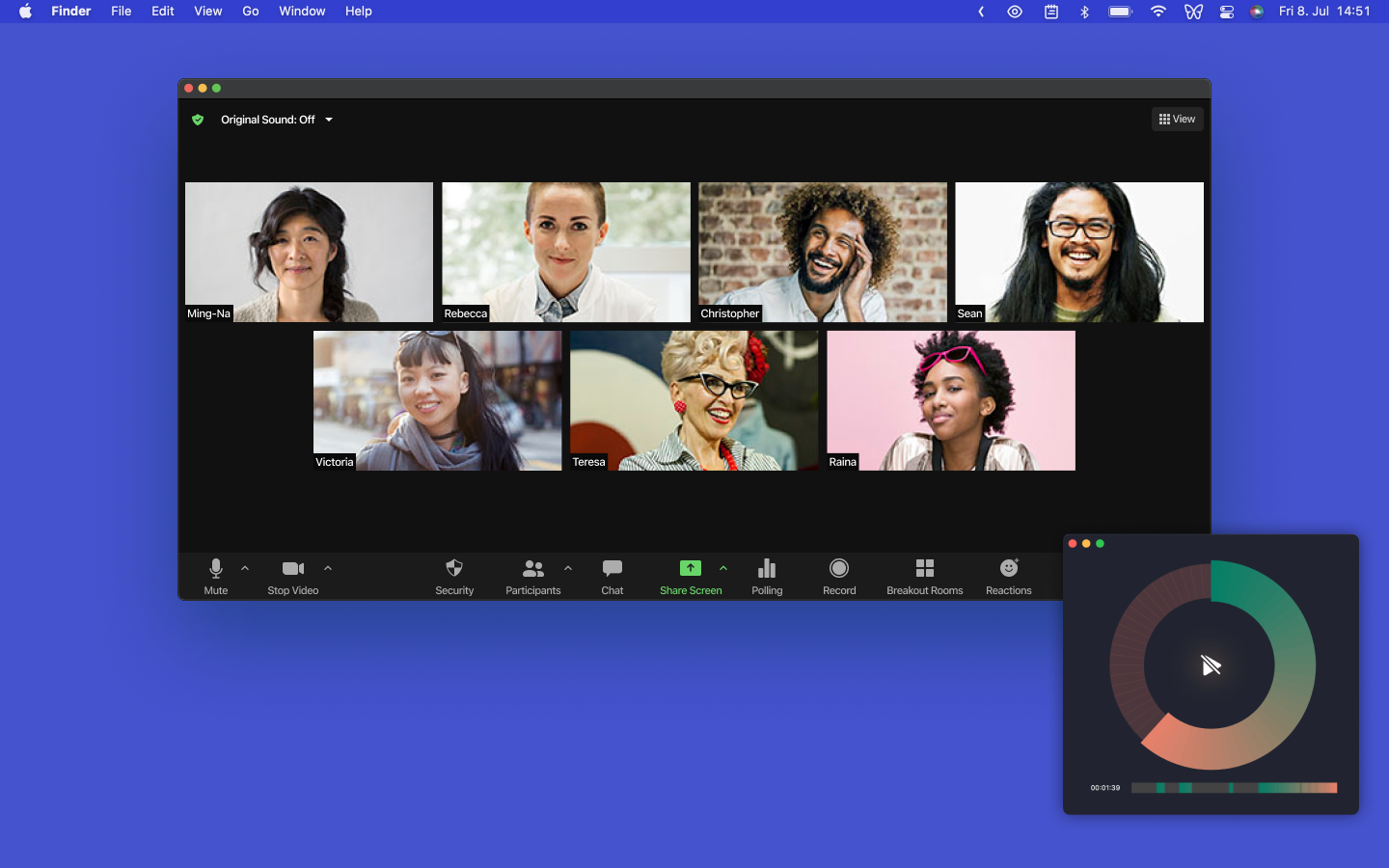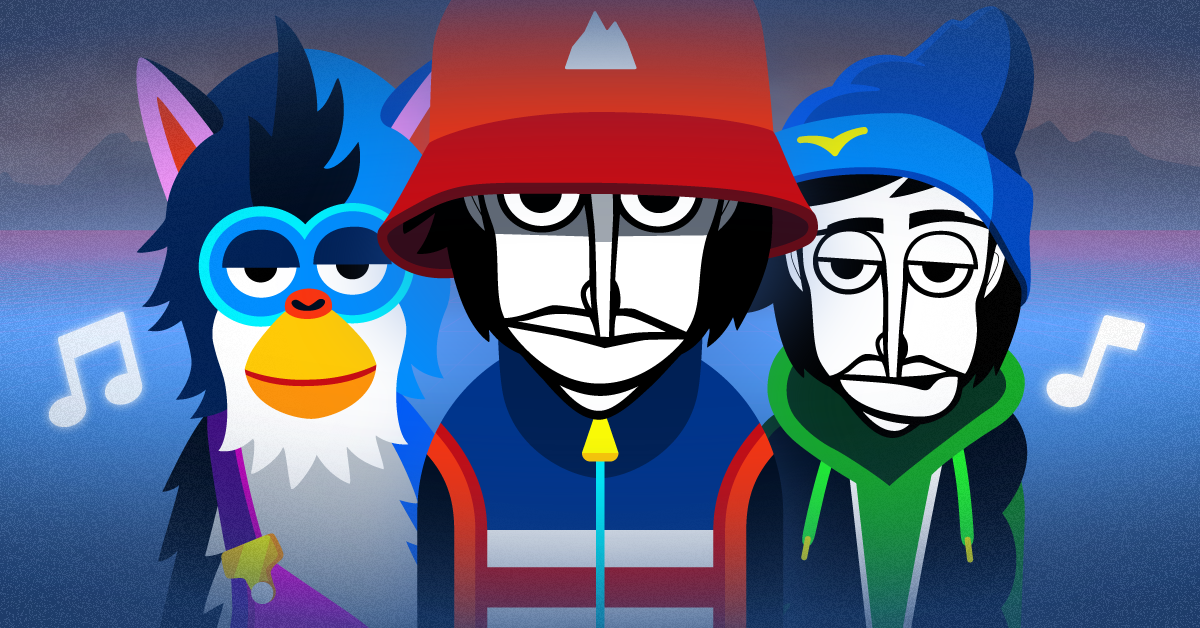Reflections on Pinboard
It's OK if it's write-only sometimes (bonus: some cool links)
I have been actively using Pinboard, a bookmarking tool, since late 2019. (I created an account and added a handful of bookmarks in 2016, but I didn't use it heavily for several years.) Pinboard allows sharing your bookmarks, which isn't a feature I have a lot of interest in. Rather than creating a curated list of great websites, I prefer to use it as a kind of anti-distraction pressure release. The Pinboard browser extension has a "Read Later" feature that allows me to feel OK closing that tab that I've been keeping open for a week.
There are a lot of "read it later" tools out there, and I've tried a number of them. To be honest, my issue with some of them is that they're designed for people who are actually going to read it later. I have 571 bookmarks that I've collected over 2 years, and I'm probably not going to read 10% of them. But I do go through irregularly and review them, tag them, remove things that I definitely am never going to want to read, make them public, etc. And I have in fact used Pinboard to find that article I vaguely remembered reading, so it's not like the whole thing is a charade.
Some Recent Bookmarks
I currently have 336 uncategorized bookmarks out of 571, which is largely because my rate of bookmarking has steadily increased with time. The bias in my currently tagged bookmarks is heavily toward tech topics, in part because I'm more likely to be reading about them at work (and I use "Read Later" more heavily at work). I'm going to go through the most recent 20 and discuss a few.

I actually read this article, and am probably going to delete the bookmark. Sometimes I bookmark articles just because there's something in there that made the gears start turning. In this case, I started connecting some dots about Don Hopkins, who I knew both as the X Window System's bitterest enemy and a key figure in the release of Micropolis, the open source release of the Unix port of SimCity. I had no idea he'd worked at Maxis long enough to work on The Sims, but the story in this article sounds very much like the highly opinionated person who posts so entertainingly (and sometimes annoyingly) on Hacker News today.
(Hopkins also was an early pioneer in ordering pizza online, for which every bleary-eyed person who has been glued to the Domino's Pizza Tracker at 1AM owes him a debt of gratitude.)

This is a delightful website that extensively covers computer interfaces over the past decades, especially desktop shells. Some very obscure GUIs of historical interest are preserved here. Of course, this site is itself a GUI of historical interest, being a perfect example of a late '90s nerd website. It even has a section about how Internet Explorer is evil! I hope it never changes.

I fell into a bit of a wiki hole about Richard Strauss recently and bookmarked a few songs I wanted to learn more about. German art songs (lieder) have fascinated me ever since my singing teacher taught me how to sing "Du bist wie eine blume", and at the very least I'm always looking for something new to listen to. There's some great performances of this one out there:
Not sure I'm up to the challenge, but it's probably more likely than "Der Erlkönig".
I'm doing a Haskell course with some coworkers, and it got me reading some stuff about how people are building Haskell programs from the ground up these days. I haven't dug too deep into this yet.

This is just a product I saw on Hacker News that I might want to try out. I'm prone to long periods of silence and speaking alike, and at my new job I want to try to get better at group conversations.

This went onto my Pinboard out of self-defense – a friend sent it to me at about midnight, and if I'd let myself get sucked in I probably would have seen sunrise from the wrong end.

I had some vague recollection that there were open source firmwares available for older MP3 players, but I had no idea how many devices were supported. I probably have two or three of these in boxes somewhere, and it could be a fun weekend project if I ever dig one out and it miraculously still works.
This is both a neat experiment and, to my mind, possibly a good starting point for something bigger. Make sure to watch the YouTube video. As eviltrout says, the technique is kind of a bust for generic upscaling of AGI games, but the Manhunter screens in particular have a kind of gonzo Newgrounds flash game vibe that is intensely appealing to me. (It probably helps that Manhunter already is lurid and grotesque.) I'd love to make a game with this vibe:

I think it's OK to use Pinboard as a write-only dump to get distractions out of my way, but sometimes it's nice to open up some old boxes and root around and see what you'd forgotten about. I'm going to try to review and tag my bookmarks more frequently in the future, and perhaps I'll find some cool things to post about here.



